On Private Passions this week the writer Amitav Ghosh gave us a refreshingly different version of what has become a Radio 3 staple. No Mozart, Mendelssohn or Monteverdi for Ghosh, who speaks five languages including Arabic and Bengali, was born in Calcutta and has lived in Delhi, Oxford, Alexandria, Brooklyn and Goa. Instead, his musical choices were all about fusion and cultural exchange. Perhaps most surprising was an ‘Oriental Miscellany’ from the late 18th century, played on the harpsichord and sounding initially quite baroque until you realised that the fingering was much more complex, more layered, infinitely more interesting. The composer William Hamilton Bird had for the first time given Hindustani folk tunes a Western notation.
Ghosh, whose novels are often set during the opium wars in China, was invited on to the programme as part of the India season, which is popping up on radio and TV throughout the BBC. It’s a clever way to bring some kind of unity to the BBC’s mission. Ghosh’s novels, although set very firmly in the past, have something to say about our own time. ‘The rhetoric of the first opium war,’ he says, ‘is exactly like the rhetoric of the Iraq war. It was all about free trade, freedom, with an evangelical taint.’
Jeremy Corbyn may be the MP of the moment but I’d like to bet that before too long it will be Rory Stewart, Tory MP for Penrith and the Border since 2010, who’ll be hitting the headlines. He has leadership potential written right through his CV. Stewart was the subject of this week’s Archive on 4 and although I usually leave politics out of this column I was intrigued to hear what he might have to say about his first five years at Westminster. Still only 42, he has had an unusual career, starting out in the Foreign Office (after Eton and Oxford), abandoning that job to walk across Afghanistan, where he later ran a charity, before being appointed as a senior official for the coalition government in southern Iraq (and writing a bestselling book about his experiences). He’s seen at first hand what happens when there is no democracy. But also the impact of our government’s policies in the Middle East. What’s it like to swap war stories for the struggles of sheep farmers in the wilds of northern England?
Stewart’s story was an unusual subject for this long-running Radio 4 staple, which although originally devised to make better use of the huge archive of Radio 4 broadcast material has been evolving in recent months from a simple trawl through the records into a documentary strand that asks questions. Stewart sees his role as an MP as much more than a law-maker, a Westminster inmate. ‘It feels like being a counsellor, almost like the role of a priest, providing compassion and common sense.’ He invited us to listen in to his audio diary of a year in the job. Nine meetings in a day, an art show to judge, miles in the car driving between meetings (his constituency is the largest in England), tour guide at Westminster to the Cumbrian Youth Parliament.
After being shown round a local hotel and restaurant as part of an initiative to promote tourism in Cumbria, Stewart told us, perhaps surprisingly, ‘That was a very valuable meeting.’ The gladhanding had turned into a confrontation with a group of people who were very angry with the government for its failure to protect local transport. Stewart, rather than being annoyed by the intrusion, was invigorated by the debate, the challenge of dealing with opposition. ‘We have an obligation to these communities… to keep the energy of these places going.’ His commitment was undeniable, his enthusiasm refreshing, his determination quite steely.
A new series on Radio 4 (Monday) gave us an intriguing insight into George Orwell (another Eton boy) before he became famous. In I Was George Orwell’s Pupil Geoffrey Stevens recalled being taught by the author of Animal Farm and that astonishing essay ‘Shooting an Elephant’ (which was broadcast on the Home Service in 1948). It was 1932 and Stevens was a pupil at the Hawthorns, a tiny school in Hayes, Middlesex, of just two classes, seven boys in each. Orwell, who had not yet been published, was the headmaster and also lodged with the family who ran the school as a business. In his letters he told his friends that it was ‘a foul place’ and that he had ‘nothing to do with the brats outside school hours’. Stevens recalls receiving back essays that were marked at the bottom, ‘Bilge’, ‘Twaddle’, or ‘Rubbish’. Orwell was expected to teach the boys every subject. His French, however, was not up to much, says Stevens (in spite of the fact that Orwell himself was taught the language at Eton by Aldous Huxley). Perhaps most surprising is to discover that Orwell had a real sense of humour, often having to turn his face away to stifle a laugh.
Got something to add? Join the discussion and comment below.
Get 10 issues for just $10
Subscribe to The Spectator Australia today for the next 10 magazine issues, plus full online access, for just $10.
You might disagree with half of it, but you’ll enjoy reading all of it. Try your first month for free, then just $2 a week for the remainder of your first year.

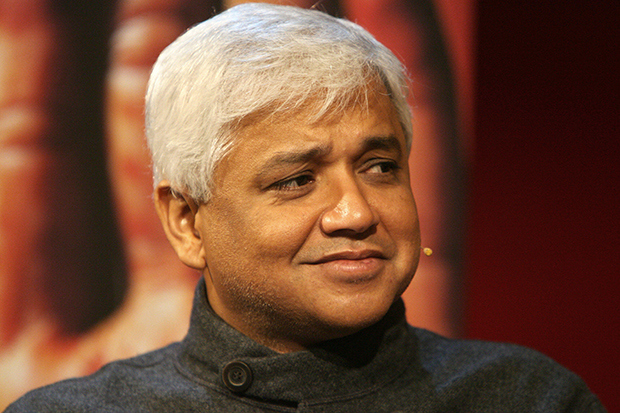
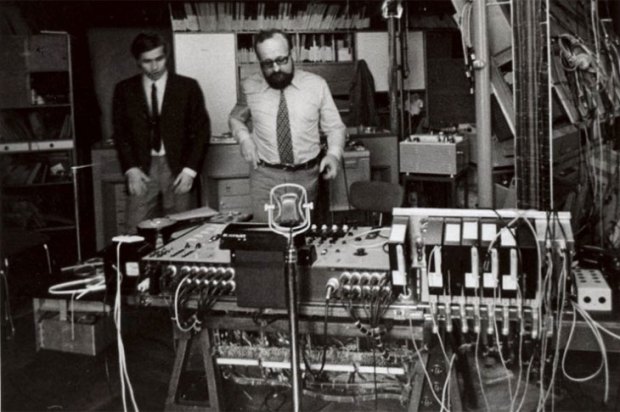


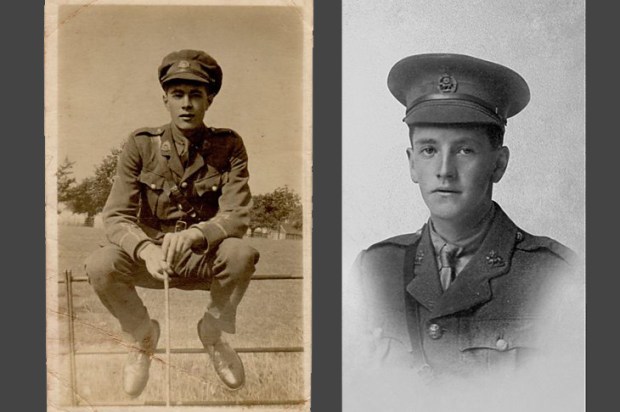
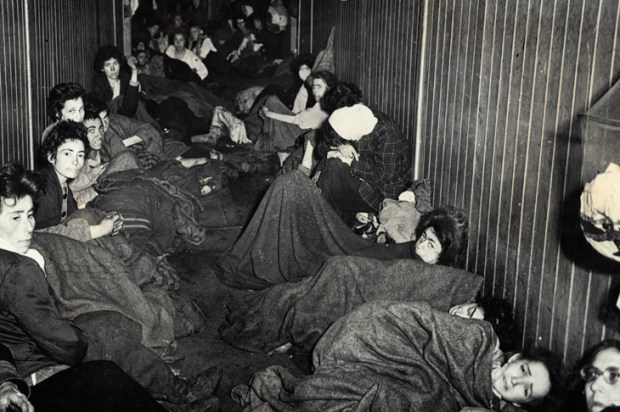
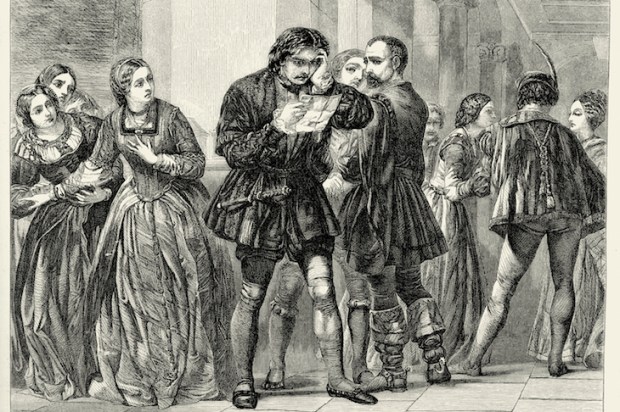






Comments
Don't miss out
Join the conversation with other Spectator Australia readers. Subscribe to leave a comment.
SUBSCRIBEAlready a subscriber? Log in